Plenty of people live in areas where monkeys raid their garbage.
- 0 Posts
- 87 Comments

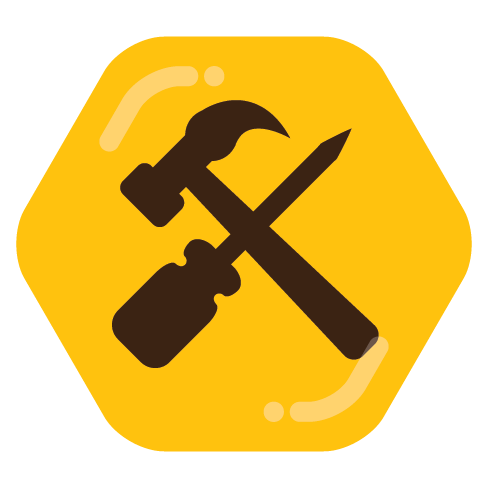 3·5 months ago
3·5 months agoDepending on your use case, if you want something stiffer you could brush each sheet with slow curing epoxy resin, then layer and press it to create some DIY micarta (yes, micarta technically uses phenolic resin, but epoxy should work fine for most uses).

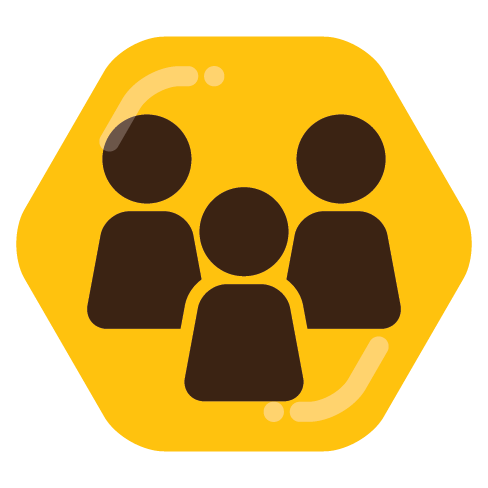 1·5 months ago
1·5 months agoYou can also do this in Gmail natively by using a plus sign instead of the hyphen. E.g. [email protected] will deliver, as the plus and everything between it and the @ are ignored. This may work on other platforms too.
Or, as mentioned in another comment, you can do this easily with a domain you own. Although you may get the occasional call from a merchant validating that [email protected] is an actual order.

 2·6 months ago
2·6 months agoYeah, their espresso is also roasted to death.

 9·6 months ago
9·6 months agoI think there’s massive untapped demand for things like mini city cars and kei trucks.
Not just that, but even the more middle ground small cars. I’d love to have an EV truck sized the way they were in the 80’s/90’s (which was more or less comparable to a midsize sedan, just taller). The push to bigger and bigger wheelbases to take advantage of loopholes in the efficiency standards really doesn’t need to be reflected in EVs, but it’s what all the major automakers are doing.

 1·8 months ago
1·8 months agoThe important part is it lets you plug in a mouse and keyboard, which allows for much faster and more accurate response times.
You are correct that they can just route through authorized boards or spoof that they are one.

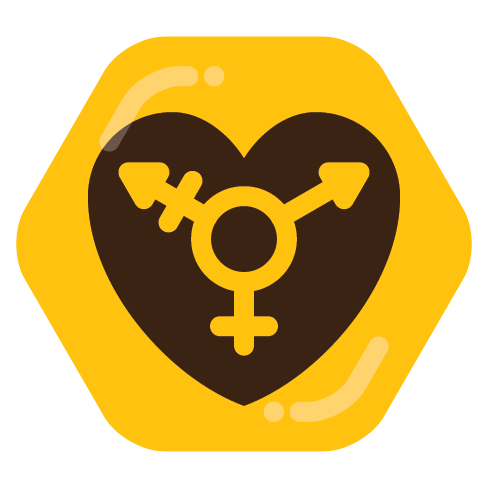 4·8 months ago
4·8 months agoIf we’re going to be pedantic, you mean that it’s possible for the median to equal the arithmetic mean. The “average” is a number that represents a set of data, and could be the median, arithmetic mean, geometric mean, and several other values.

 10·8 months ago
10·8 months agoIt’s worth clarifying this to “non-consensual”, since “ending genital mutilation of children” is the drum pounded by the anti-trans movement.

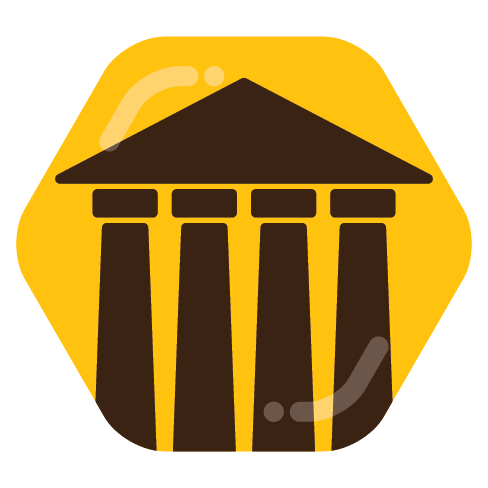 2·8 months ago
2·8 months agoUsually that’s an “and”, not an “or”.

 25·9 months ago
25·9 months agoNah, these accusations of racism from a company owned by an Apartheid era South African emerald mine heir are too racist.
Rather than deal in abstractions, here’s the comment thread.

 2·11 months ago
2·11 months agoThanks for clarifying. There are a lot of misconceptions about how this technology works, and I think it’s worth making sure that everyone in these thorny conversations has the right information.
I completely agree with your larger point about culture; to the best of my knowledge we haven’t seen any real ability to innovate, because the current models are built to replicate the form and structure of what they’ve seen before. They’re getting extremely good at combining those elements, but they can’t really create anything new without a person involved. There’s a risk of significant stagnation if we leave art to the machines, especially since we’re already seeing issues with new models including the output of existing models in their training data. I don’t know how likely that is; I think it’s much more likely that we see these tools used to replace humans for more mundane, “boring” tasks, not really creative work.
And you’re absolutely right that these are not artificial minds; the language models remind me of a quote from David Langford in his short story Answering Machine: “It’s so very hard to realize something that talks is not intelligent.” But we are getting to the point where the question of “how will we know” isn’t purely theoretical anymore.

 8·11 months ago
8·11 months agoCurrent-gen AI isn’t just viewing art, it’s storing a digital copy of it on a hard drive.
This is factually untrue. For example, Stable Diffusion models are in the range of 2GB to 8GB, trained on a set of 5.85 billion images. If it was storing the images, that would allow approximately 1 byte for each image, and there are only 256 possibilities for a single byte. Images are downloaded as part of training the model, but they’re eventually “destroyed”; the model doesn’t contain them at all, and it doesn’t need to refer back to them to generate new images.
It’s absolutely true that the training process requires downloading and storing images, but the product of training is a model that doesn’t contain any of the original images.
None of that is to say that there is absolutely no valid copyright claim, but it seems like either option is pretty bad, long term. AI generated content is going to put a lot of people out of work and result in a lot of money for a few rich people, based off of the work of others who aren’t getting a cut. That’s bad.
But the converse, where we say that copyright is maintained even if a work is only stored as weights in a neural network is also pretty bad; you’re going to have a very hard time defining that in such a way that it doesn’t cover the way humans store information and integrate it to create new art. That’s also bad. I’m pretty sure that nobody who creates art wants to have to pay Disney a cut because one time you looked at some images they own.
The best you’re likely to do in that situation is say it’s ok if a human does it, but not a computer. But that still hits a lot of stumbling blocks around definitions, especially where computers are used to create art constantly. And if we ever hit the point where digital consciousness is possible, that adds a whole host of civil rights issues.
Freezing makes it easier to press once thawed, and changes the texture to be a bit meatier and less jelly-like.
You press for 12 hours after thawing? Mine always seems to have given up as much liquid as it can after 30 minutes if I’ve frozen it.
I have a suspicion that all of the layers of “Elon management” at Tesla and SpaceX have given him the idea that he’s a brilliant innovator; he gives them all his outlandish ideas and they get filtered into (normally) reasonable plans, and they guide him down the path they want him to go down while he thinks the good idea is his. And those companies are both doing well, so clearly his style works, at least in his mind.
But then he bought twitter, which didn’t have anyone devoted to protecting the company from him, and it’s all going to shit.
Ahh, so less “hard to believe” and more “unpleasant to believe”, that’s fair.

 1·11 months ago
1·11 months agoYeah, Dave ate my entire weekend. Some issues, but great game overall.
The only other solution is that the richest person in the world (officially) is this stupid. This is almost harder to believe than a conspiracy to destroy twitter.
Why is that hard to believe? The mega-rich are not notably more intelligent than anyone else, they just started decades ago with inherited wealth and got lucky early.
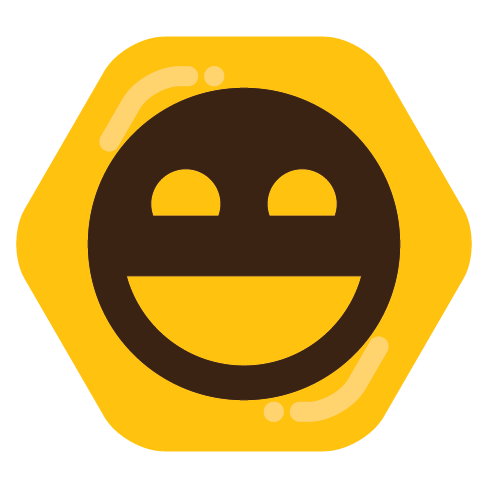
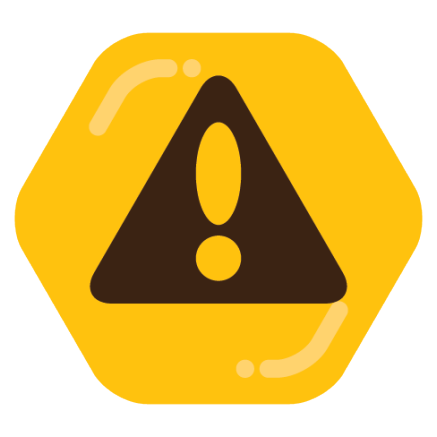
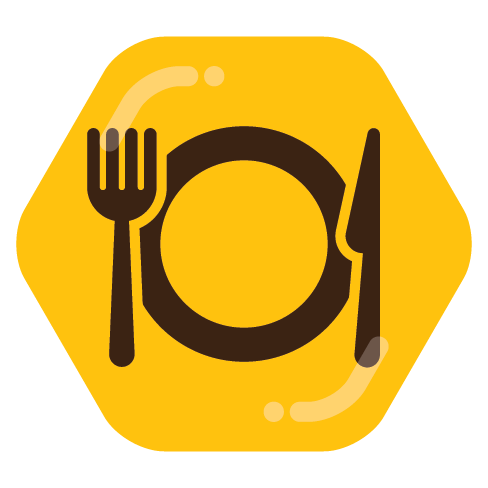
Unless you’re willing to put in some kind of response that basically says “I’m not going to respond to that” (and that’s a sure way to break immersion) this is effectively impossible to do well, because the writer has to anticipate every possible thing a player could say and craft a response to it. If you don’t, you’ll end up finding a “nearest fit” that is not at all what the player was trying to say, and the reaction is going to be nonsensical from the player’s perspective
LA Noire is a great example of this, although from the side of the player character: the dialogue was written with the “Doubt” option as “Press” (as in, put pressure on the other party). As a result, a suspect can say something, the player selects “Doubt”, and Phelps goes nuts making wild accusations instead of pointing out an inconsistency.
Except worse, because in this case, the player says something like “Why didn’t you say something to your boss about feeling sick?” and the game interpreted it as “Accuse them of trying to sabotage the business.”